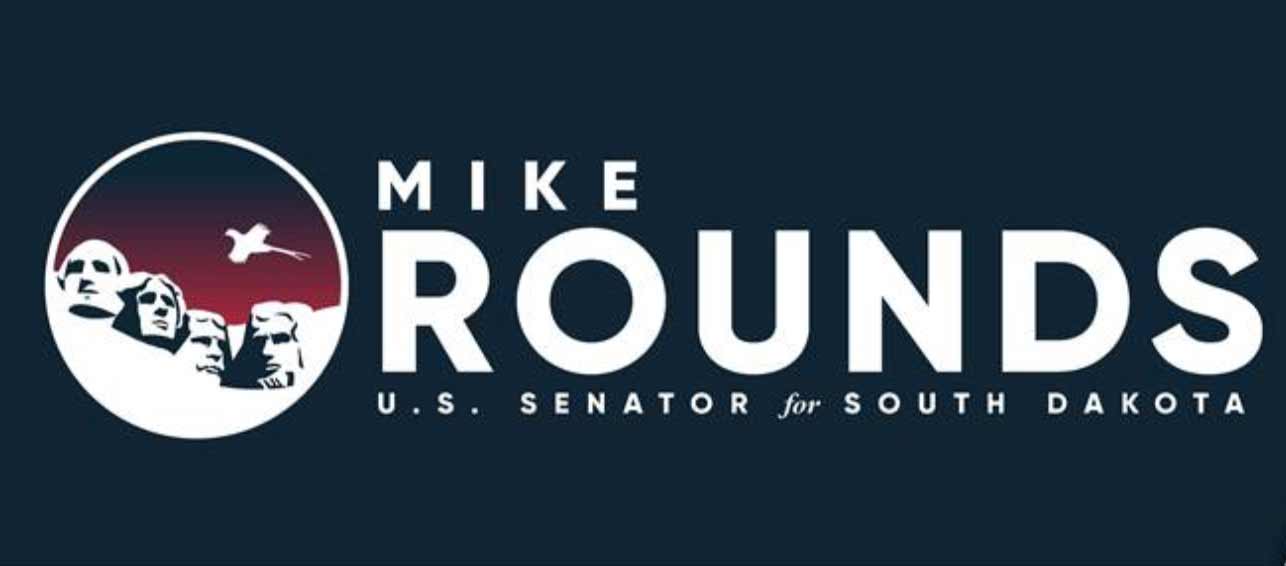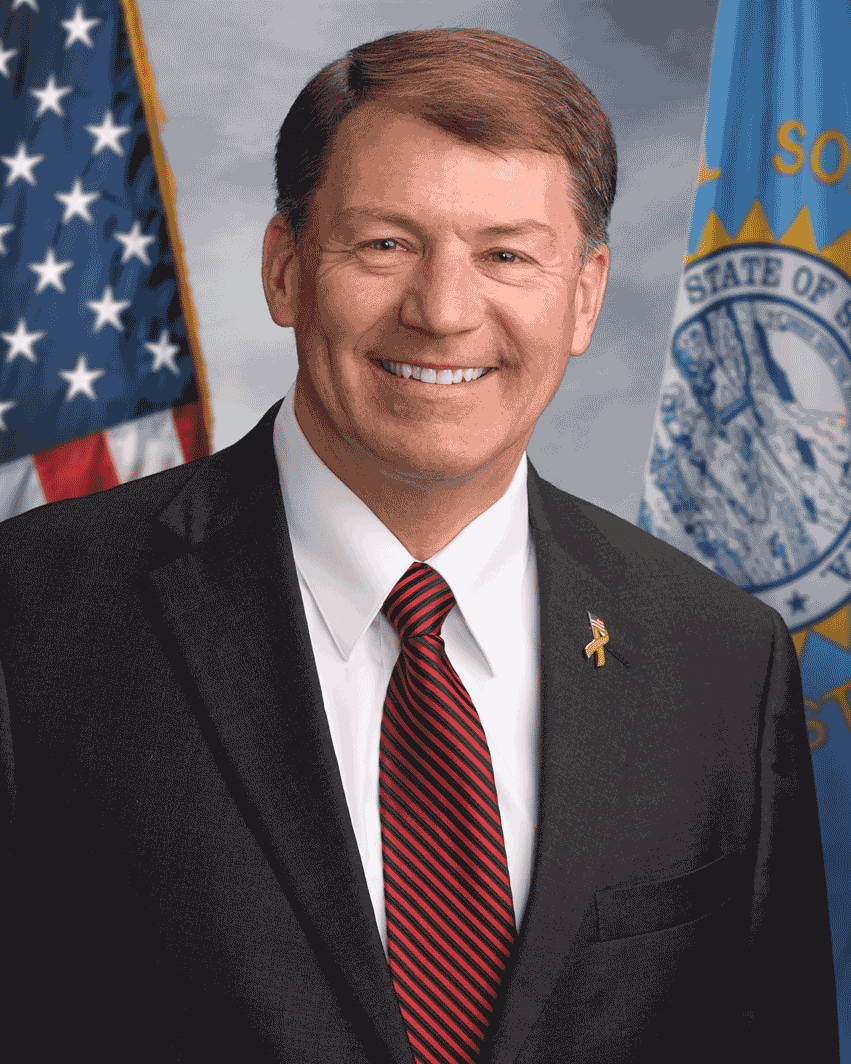
Rounds, Cantwell Introduce Bipartisan Legislation to Hold IHS Accountable to 30-Day Timeline for Outside Care Reimbursements
WASHINGTON – U.S. Senators Mike Rounds (R-S.D.) and Maria Cantwell (D-Wash.), members of the Senate Committee on Indian Affairs, introduced the Purchased and Referred Care Improvement Act, bipartisan legislation to require the Indian Health Service (IHS) to reimburse tribal members for care sought outside of IHS in a timely manner. This would prevent outside providers from burdening tribal members with wrongfully charged medical debt, which is incurred when IHS doesn’t reimburse tribal members for Purchased/Referred Care (PRC) claims in a reasonable timeframe.

The PRC program is used to supplement health care resources outside of IHS facilities for eligible tribal members. PRC funds are only available when a patient has no access to direct care at an IHS facility, including emergency care or specialty care. While PRC is a critical resource for tribal communities, many beneficiaries encounter a number of barriers when attempting to access care outside of IHS. This includes strict residency, notification and eligibility rules.
If a PRC claim is approved, IHS is supposed to process the claim in a 30 day timeframe. While the Indian Health Care Improvement Act currently requires IHS to pay outside providers for approved PRC claims within 30 days, a 2020 analysis by the Department of Health and Human Services found that an estimated 32,000 claims over a 2 year period were not paid within this time frame. As such, payments to outside providers are often delayed, ultimately contributing to medical debt for tribal members.
“The Indian Health Service has made a commitment to care for tribal members across the United States, and they need to honor that commitment,” said Rounds. “Because of the strict standards for PRC claims, approved claims are few and far between. As such, it’s crucial that IHS reimburses tribal members for outside care once it’s approved. I’m pleased to introduce this legislation, which would hold IHS accountable to make certain they get their work done and follow their mission of providing health care for tribal members.”
“This bill would help put an end to delays in medical cost reimbursements that have created serious financial hardships for Tribal members,” said Cantwell. “I have heard from the Confederated Tribes of the Colville Reservation and many of its Tribal members that receive medical treatment at non-Tribal facilities rely on the Indian Health Service to reimburse for the cost of care — but when that doesn’t happen, Tribal members are then financially harmed to the point of some not wanting to seek care at all to avoid negative credit score impacts. To fix this, Senator Rounds and I are introducing the Purchased and Referred Care Improvement Act so Tribal patients don’t have to worry about being sent to debt collectors or losing points on their credit score while they wait for the federal government to reimburse their provider.”
The Purchased and Referred Care Improvement Act is cosponsored by Senators John Thune (R-S.D.), Patty Murray (D-Wash.) and John Hoeven (R-N.D.).
“Tribal members shouldn’t have to continue to pay the price for IHS’s mismanagement and the administrative failures of the PRC program,” said Thune. “This legislation would help hold IHS accountable to the tribal members they serve by requiring timely reimbursement of approved outside care.”
“It’s plain unfair for Tribal members’ credit scores to suffer simply because IHS is late reimbursing providers for care—these inefficiencies are no fault of the Tribal members who are seeing their credit dinged,” said Murray. “This legislation is a much-needed fix to an issue affecting the credit of Tribal members in Washington state and I’m glad to join my colleagues in introducing it.”
“Our legislation would help ensure that tribal members receive reimbursements for approved outside health care services in a timely manner,” said Hoeven. “This is all about improving health care and ensuring that IHS upholds its commitment to provide timely and quality care in our tribal communities.”
SUPPORTING QUOTES:
“It is important for the Indian Health Service to handle approved Purchased and Referred Care claims in a timely manner,” said Scott Herman, President of the Rosebud Sioux Tribe. “We thank Senator Rounds for introducing this legislation that will provide additional protections for IHS beneficiaries.”
“Senator Rounds’ bill will help tackle a problem that has plagued tribal health care patients and providers for too long: the timely reimbursement of claims by IHS for services purchased from and referred to providers outside the IHS,” said Frank Star Comes Out, President of the Oglala Sioux Tribe. “We thank Senator Rounds for his thoughtful leadership on this issue and for listening to the concerns of Tribes and tribal health care advocates about the need for IHS reform and oversight on this matter. Under no circumstance should a Native person be paying for approved Purchase and Referred Care. We look forward to working with the Senator to enact this bill this session.”
Specifically, the Purchased and Referred Care Improvement Act would:
· Require IHS to develop procedures to reimburse beneficiaries for approved PRC services within 30 days, if the patient paid out of pocket.
· Allow a beneficiary to submit documentation to the agency as evidence when seeking reimbursement.
· Strengthen liability provisions of the statute, making it clear that outside providers cannot collect wrongfully charged debt from beneficiaries with approved PRC claims.
Click HERE for full bill text.
###

oh that’s good…
I will never forget a hospital administrator complaining that the IHS “will authorize a helicopter ride around the world but they’ll never pay for it, you’ll never get any money.”
Would this be a good time to point out that according to the Ft Laramie treaty, the IHS was supposed to consist of one physician living in a $3000 house by the river, in a location where timber is plentiful? The treaty promised two blacksmiths, but only one doctor.